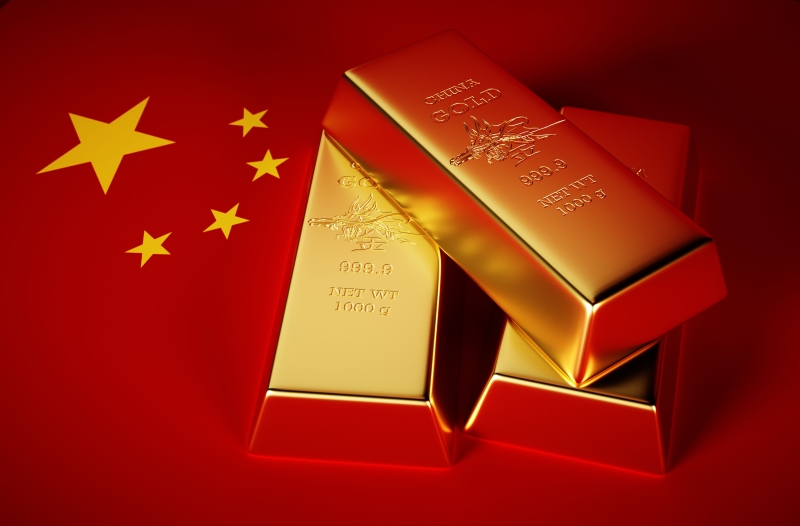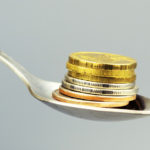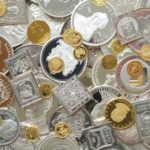China Gold Purchases Soar 30% On Economic Anxiety

(February 1, 2024 - Momoka Matsumoto and Noriyuki Doi, Nikkei Staff Writers)
Central bank and individual investors seek stability amid geopolitical risks
TOKYO/SHANGHAI -- Chinese gold purchases rose 30% in 2023, as the country's central bank bought the commodity to replace its dollar holdings amid tensions with the U.S. and individual investors sought a haven for their assets as the economy stumbled.
The data comes from the World Gold Council's 2023 Gold Demand Trends report, released on Wednesday.
The world's central banks acquired 1,037 tonnes of gold last year on a net basis, the second most in data going back to 1950 behind only the 1,082 tonnes for 2022.
The People's Bank of China's net purchases totaled 225 tonnes, the highest since 1977, the earliest data available for the country.
Geopolitical risks, including those related to Russia's invasion of Ukraine, also drove up gold purchases in countries like Poland, which bought 130 tonnes last year, and Libya, which acquired 30 tonnes.
Some countries trying to reduce their American dollar reserves following the freezing of Russia's reserves by the U.S. and Europe are shifting to gold.
"This is a sign of declining confidence in the U.S. dollar, the international reserve currency," market analyst Itsuo Toshima said.
As China acquired more gold, the country cut its holdings of U.S. Treasurys to around $782 billion as of November, about 10% less than the previous year, the U.S. Treasury Department reports. The figure is roughly $230 billion less than China's holdings immediately after Russia's invasion of Ukraine.
Beijing, which is promoting the internationalization of the yuan, could be trying to "escape dollar hegemony and expand the yuan currency zone," said Tsuyoshi Ueno, senior economist at the NLI Research Institute in Japan.
Gold buying is also booming among Chinese individual investors.
"Gold ingots have become popular recently," said a salesperson from China National Gold Group, which set up a shop in a central Shanghai department store.
Ingots are cheaper to process than jewelry like rings and necklaces and are easy to resell, making them suitable for investment. Chinese luxury spending has slowed due to the real estate recession, but gold -- whose price is expected to rise -- is a different story.
China, along with India, is a major consumer of gold, which is preferred for wedding and other gifts. Gold jewelry demand in 2023 rose 10% to 630 tonnes, according to the World Gold Council report.
Demand for bars and coins, used mainly for investment, was up 28% to 280 tonnes. The current boom is unusual considering that yuan-denominated gold prices are reaching new heights due to the currency's depreciation.
The surge in interest is fueled primarily by China's stuttering economy.
The most common assets in China are real estate, stocks and gold. But the severe deterioration of the real estate market and the slump in Chinese stocks make gold -- a real asset -- more attractive. Some investors also may wish to hold gold as part of their dollar-denominated assets.
New York gold futures traded around $2,070 per troy ounce as of Tuesday's close, not far from the all-time high of $2,152 set in December amid expectations of early interest rate cuts by the U.S. Federal Reserve and rising geopolitical risks in the Middle East.
Exchange-traded funds backed by physical gold had outflows of 244 tonnes in 2023, the World Gold Council said. As central banks in Europe and the U.S. continue to tighten monetary policy, gold has become less attractive as an investment as it does not earn interest.
While investors in Europe and the U.S. sell gold, buying in developing countries led by China is supporting prices.
"Demand for gold is increasing with purchases by China's central bank and individuals, pushing up the bottom price," said Koichiro Kamei, head of the Market Strategy Institute in Japan.





